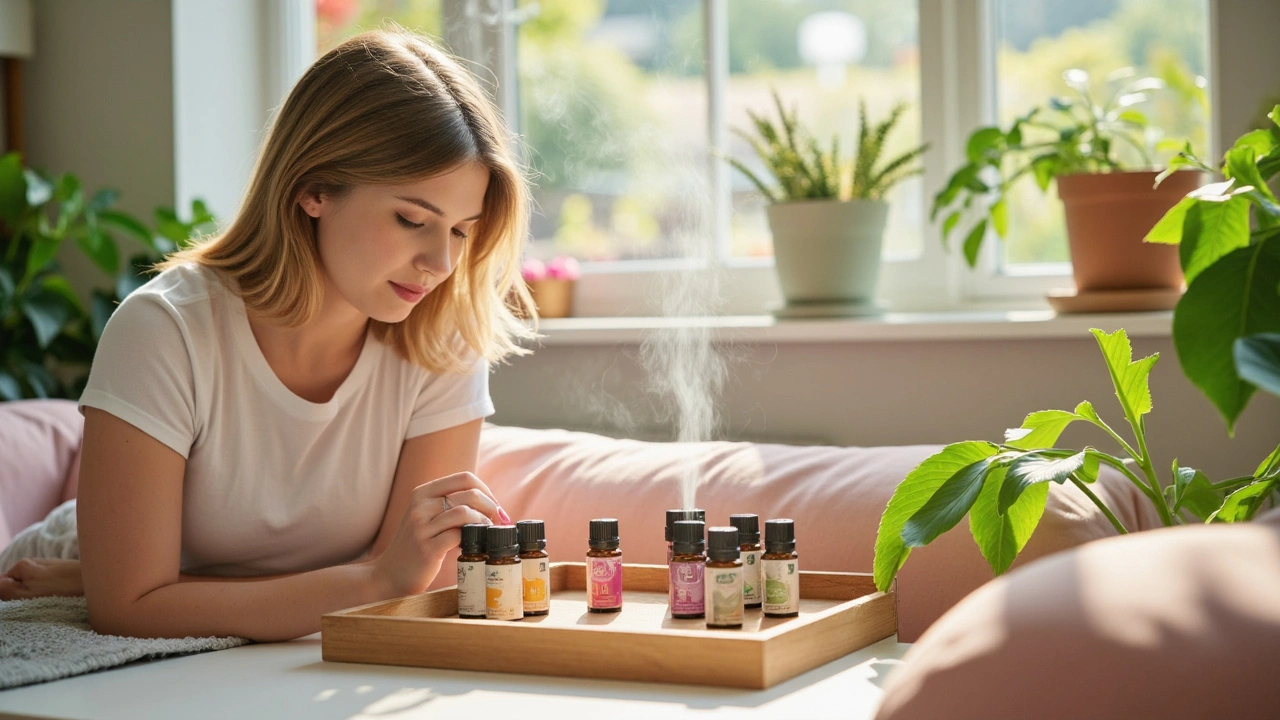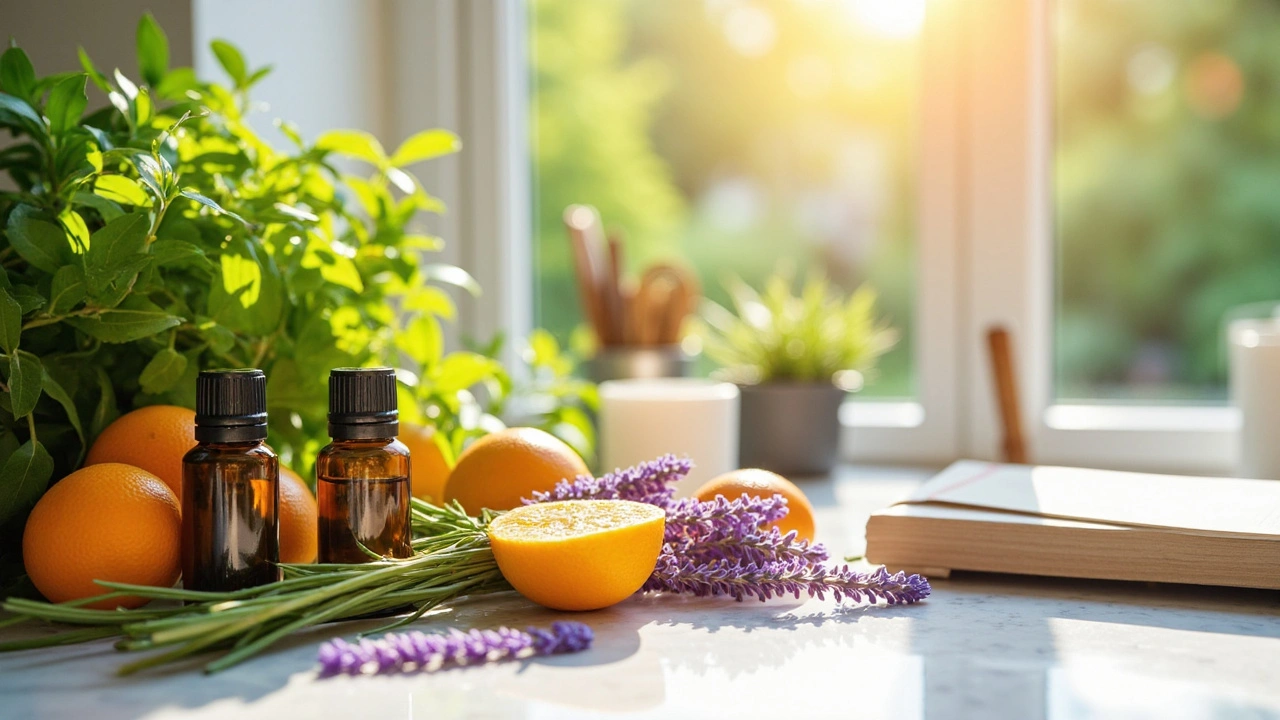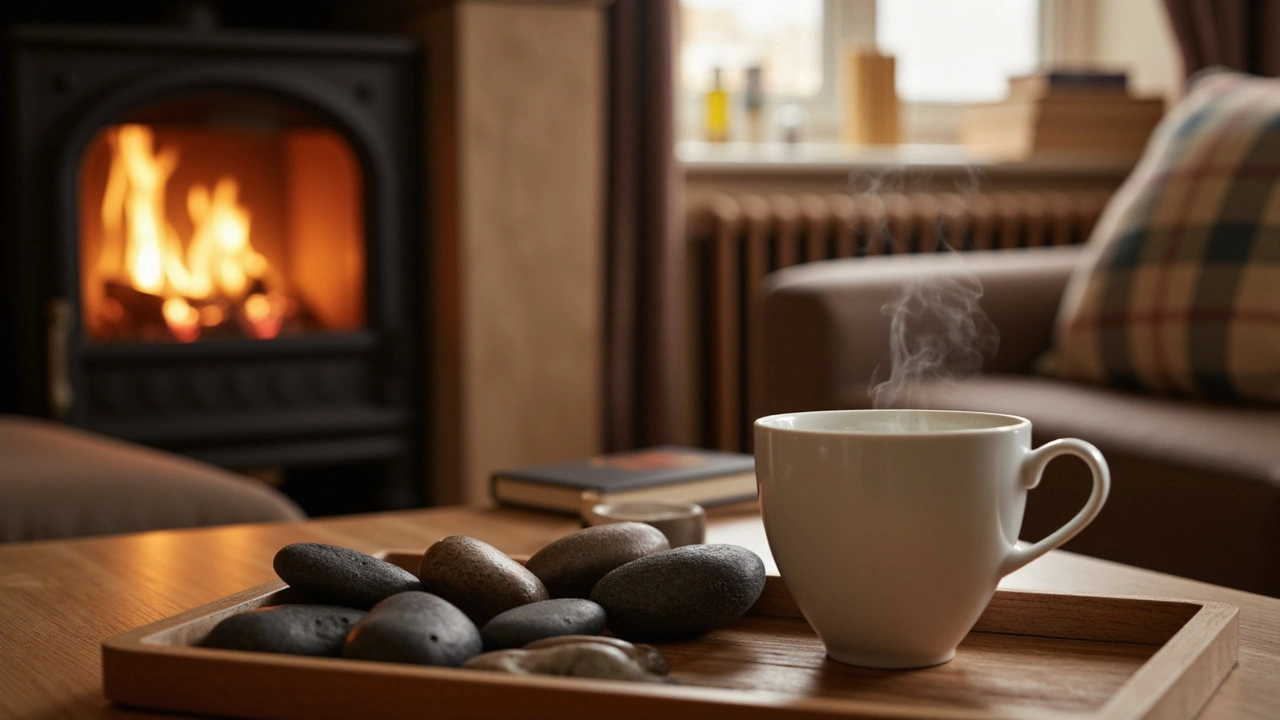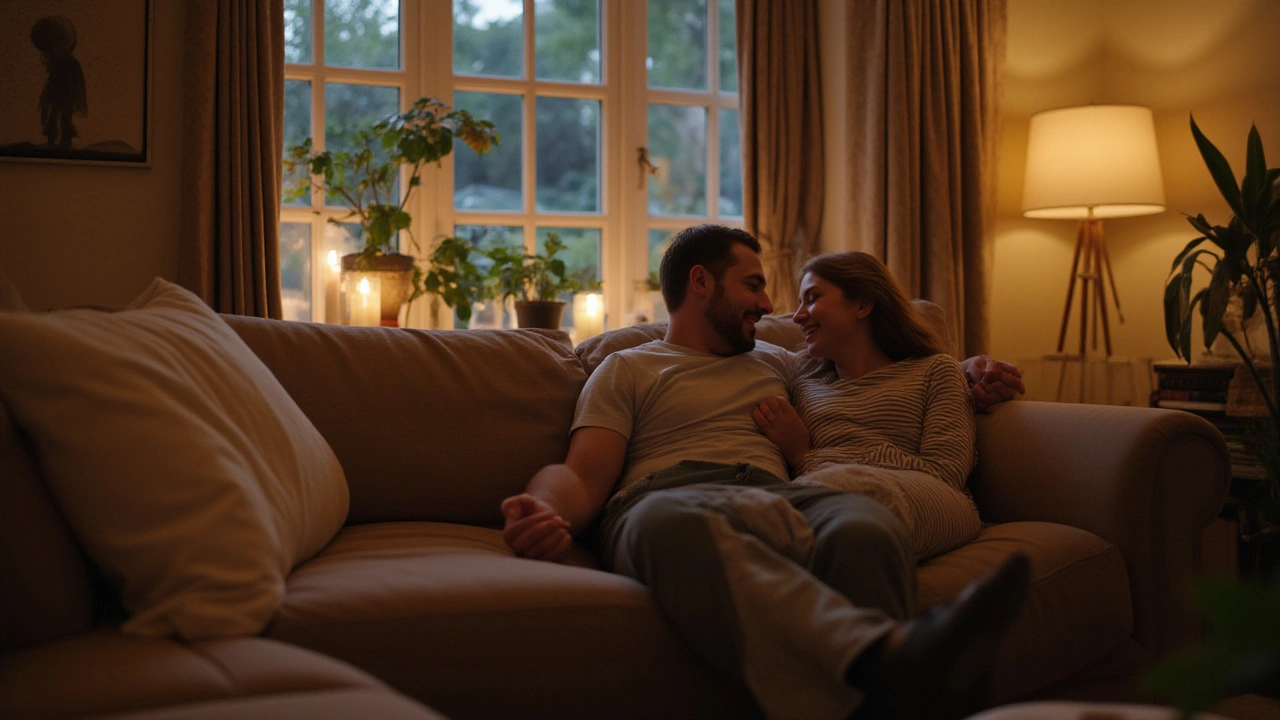Aromatherapy Massage: Boosting Your Immune System Naturally

If you think feeling run-down is just a part of modern life, you’re not alone. But imagine easing those body aches, knocking down your stress, and giving your immune system an edge—all without popping another pill. That’s where aromatherapy massage steps in. It sounds almost too good, right? A legit reason to get a massage, and it helps your body fight off germs? Science says yes, and you don’t need to be a spa addict to see the difference.
What Happens During Aromatherapy Massage?
The core idea is simple: combine the hands-on relaxation of a massage with the healing potential of essential oils. So, what exactly goes down on the massage table? While your massage therapist works tense muscles, they’ll use plant-infused oils—think lavender, eucalyptus, or tea tree—each selected for their unique health perks. When your skin soaks in these oils (and you breathe them in), it’s more than just a nice smell. It’s a nudge for your whole system to relax and rebalance.
Let’s talk real facts. The olfactory system—the bit in your brain that processes scents—has a direct line to the limbic system, where your emotional responses, hormones, and even immunity are handled. So inhaling lavender, for example, can lower cortisol (that’s the enemy of immune function), while massaging eucalyptus into your skin can open your airways and act as a gentle antimicrobial. A study published in the journal “Evidence-Based Complementary and Alternative Medicine” found that regular massages using essential oils led to improved lymphocyte levels—the white blood cells that help your body fight infections. Want a stat? Eucalyptus oil vapor has been shown to kill up to 70% of airborne staph bacteria in minutes. Even Maximus, my dog, doesn’t get that kind of protection when he sniffs around the dog park.
Below is a quick breakdown of oils and their immune benefits:
| Essential Oil | Main Benefit |
|---|---|
| Lavender | Reduces stress hormones, calms nerves |
| Eucalyptus | Antimicrobial, relieves congestion |
| Tea Tree | Kills germs on skin, supports healing |
| Frankincense | Boosts immune response, reduces inflammation |
| Lemon | Purifies air, uplifts mood |
Practical tip: ask your massage therapist which oils they use and why. Don't be shy about saying what scents you love or hate—your body will thank you.
The Science Behind Aromatherapy and Immune Support
Some folks say aromatherapy massage is more about the experience than the science. Not true. There’s an entire branch of research looking at how certain plant compounds interact with our immune system. For example, the National Center for Biotechnology Information reported that inhaling the vapor of oils like eucalyptus or rosemary can actually ramp up your body’s antioxidant production. Antioxidants are the foot soldiers that hunt down and destroy free radicals—those nasty guys linked to illness and aging.
Getting regular massage (like once every two weeks, if you can swing it) has been linked to a measurable drop in stress hormones and an increase in white blood cell count. In a 2010 study, participants who got Swedish massage twice a week showed higher levels of immune-boosting lymphocytes than those who didn’t. This may explain why people who swear by massage seem to get sick less often, or recover faster when the sniffles hit.
Here’s a secret many don’t realize: touch itself matters for immunity. Oxytocin—the so-called “cuddle hormone”—shoots up during massage, and it’s directly connected to the immune response. So the next time you think booking a massage is an indulgence, remember it’s also a legit body boost, not just a pampering session.
For anyone allergic or sensitive to strong smells, there are gentle oils (like chamomile or sandalwood) that offer immune support without overwhelming your senses. Just let your therapist know.

How Aromatherapy Massage Ties into Stress, Sleep, and Wellness
Ever noticed how catching a cold seems easier right after a stressful week? There’s a tight link between stress and a sluggish immune system. Aromatherapy massage doesn’t just relax your muscles—it calms your mind. Scent molecules head straight to the hippocampus and amygdala, the parts of your brain known for mood and memory. With lower stress, your body is primed to fend off infections faster.
If you have sleep issues, that’s another piece of the puzzle. For example, lavender and chamomile take the edge off anxiety and invite deep sleep. Quality sleep is the real MVP of immunity; your body pumps out the cytokines (proteins that battle infection) when you’re in dreamland. Try this tip: diffuse lavender oil in your bedroom after a relaxing massage to double down on restful benefits. Some spas even let you take home blends to recreate the vibe—just ask.
On a practical note, hydration makes a big difference. Your lymphatic system, which clears toxins, needs enough fluid to do its job. After your massage, drink a big glass of water and skip the late-night coffee. Even Maximus knows to stick to his water bowl.
If you’re short on time, a 30-minute aromatherapy massage focusing on the neck, shoulders, and upper back can still prompt a short-term jump in immune activity. Not everyone can spare an hour—do what fits your life, not the spa brochure.
DIY Aromatherapy Massage: Tips for Home Use and Safety
Getting to a spa isn’t always possible. Good news: you can reap many of the same benefits right at home, either solo or with a partner. Here’s a step-by-step rundown for a DIY session:
- Pick your oils: Start with two or three. Lavender and eucalyptus are user-friendly, or try sweet orange for a mood lift.
- Mix the oils with a neutral carrier oil (like coconut, grapeseed, or sweet almond). Use about 3-5 drops essential oil for every tablespoon of carrier. Never go straight from the bottle to your skin—concentrated oils can irritate.
- Create a relaxing space: dim lights, maybe a playlist, and a comfy towel or sheet.
- Focus on key areas: Neck, shoulders, feet, and hands are classic. Even light, circular motions can stimulate the lymphatic system.
- Breathe deeply while massaging—slow inhales give your nervous system time to respond to the scents.
- If you own a diffuser, let it run during or after the massage for lasting benefits.
One word on safety: do a quick skin patch test to rule out allergies, especially if you’re new to a particular oil. And steer clear of essential oils if you have certain medical conditions (like epilepsy) or are pregnant—check with your doctor first. Pets, by the way, can be sensitive to strong oils. Maximus lies low when the diffuser is on; some oils—like tea tree—can be toxic to dogs if ingested.
Want extra immune punch? Combine aromatherapy massage with lifestyle basics: wash your hands, eat colorful veggies, stay hydrated, and move your body daily. Aromatherapy works best as part of this bigger picture, not as a miracle cure.
So the next time you feel run down, or if you just want to treat yourself with benefits that last beyond the massage table, aromatherapy massage might just be your ticket. Your immune system will thank you.



